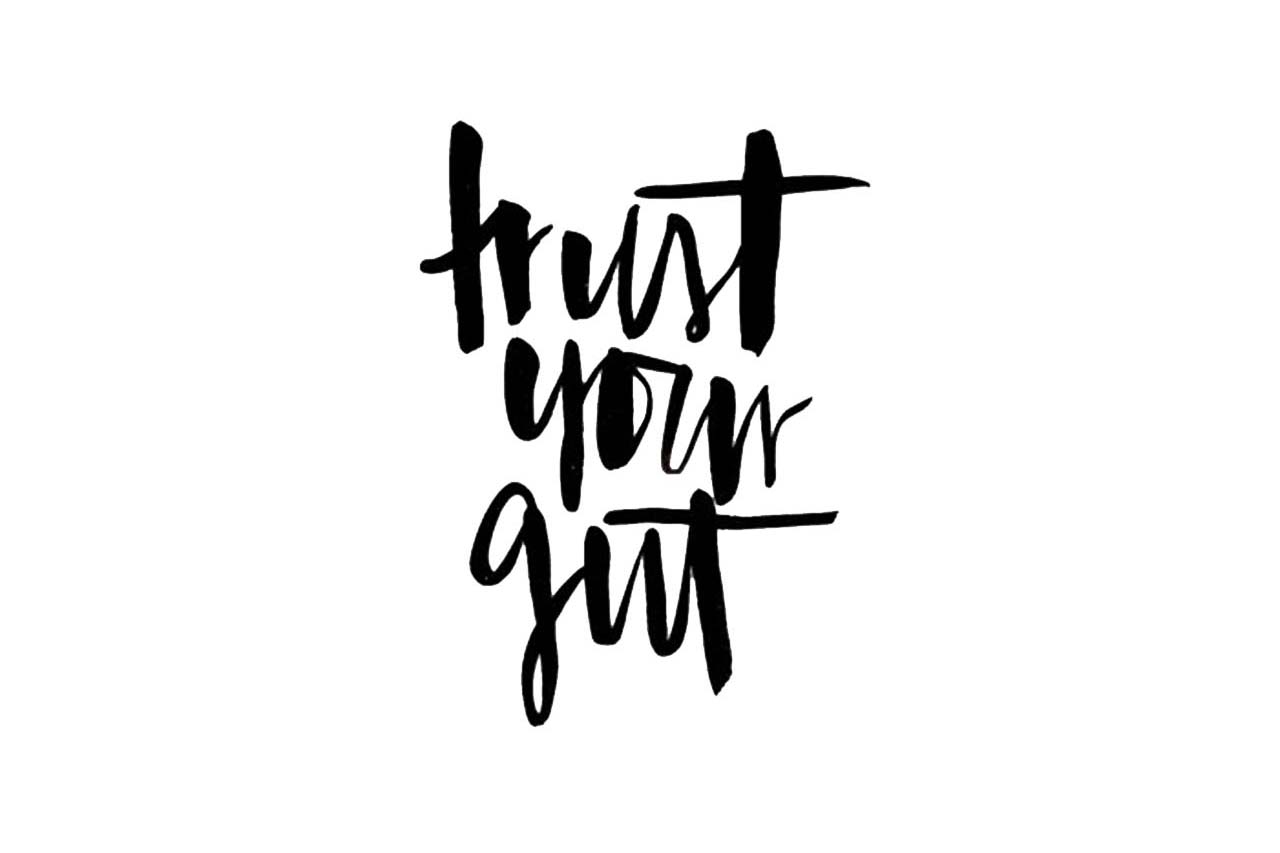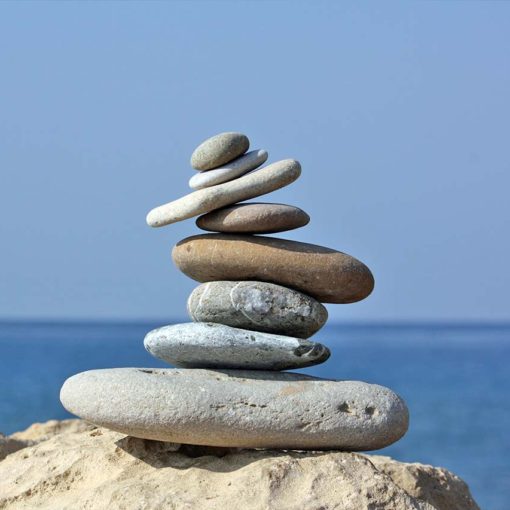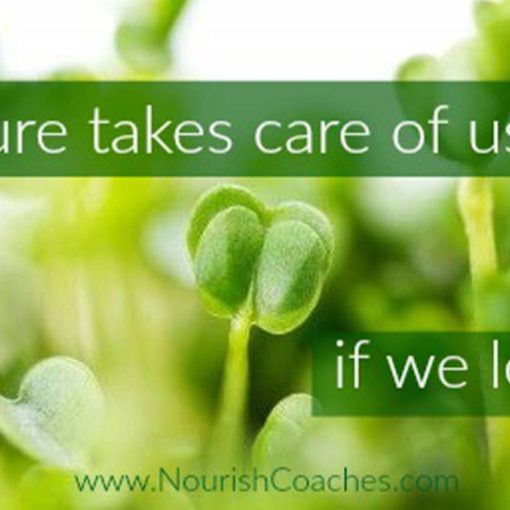Podcast: Play in new window | Download (Duration: 10:00 — 8.7MB)
Subscribe and don't miss an episode! Apple Podcasts | Spotify | Android | iHeartRadio | Blubrry | Deezer | RSS
Our gut is our immune system.
We can’t stress that enough.
Take your gut seriously!
Listen to find out why it’s so important.
Here’s the transcript:
Debbie
Today, we’re gonna talk about our microbiome. In other words, our gut.
Wendy
Our gut flora! And everything it affects and everything it’s connected to in our health and our wellness.
Debbie
Right. Because you may have heard this statistic already, but gut bacteria out numbers are human cells 10 to one.
Wendy
Whoa! So, we’re made up of more bacteria than–
Debbie
–we are human. Yeah.
Wendy
That’s pretty wild.
Debbie
I remember when I first heard that, somebody said something like if aliens came down and scanned us, we would come up as bacteria, not humans. So that’s why we have to take care of it, right? Because if that’s how much is in us, it’s obviously ruling our bodies. It’s probably, you know, more of a ruler to our bodies than our brains are!
Wendy
Right! And I think that as we understand our bodies even more, because I still, as I said, to many people, we’re still at the infancy of really understanding our body. I mean, science just keeps understanding and keeps uncovering. And the microbiome is something that Hypocrites said it a long time ago, when our guts off, the rest of us is off, but we’re just now catching up to that wisdom.
Debbie
That’s right. The science is catching up. It’s like we knew about it, because we say with that gut feeling. You know, go for the gut. We know–we know this intuitively. But science is finally on the bandwagon. So how do you know that if your microflora is off, I mean, I think probably a majority of us have somewhat of an imbalance in our gut. But others have a lot more–they’re uncomfortable or they’re sick, or they don’t feel well, you know, every once in a while or daily because of it, and they don’t even know what it is. So, how do we know that we can say, oh, that’s the gut?
Wendy
Well, let’s start by the obvious–I mean, the obvious is our gut. So if we have any kind of gut pain, or gas or bloating or constipation, or diarrhea or anything directly connected, we know that there’s something off there that we need to address. So digestive issues is number one, for sure.
Debbie
Yeah, a lot of people are diagnosed with irritable bowel syndrome. And that’s sort of been kind of off the charts is “okay, that’s sort of a, an umbrella to other problems.” It’s not necessarily a diagnosis anymore. But what else is there? It’s a lot of people have mental, there’s some mental issues going on because of our gut flora.
Wendy
Yeah. Everything from brain fog, and being indecisive to Alzheimer’s, and dementia.
Debbie
Schizophrenia.
Wendy
Yep. And Depression.
Debbie
Depression. Absolutely.
Wendy
And we’re taking a lot of pills. For the depression, when there could be a connection to the gut–we get our gut microflora, under wraps.
Debbie
But that’s it, there’s also diagnosis of OCD and bipolar disorder, and they’ve been diagnosed off the charts lately. And I have a feeling that a lot of that has to do with our gut flora. Not that you don’t have those genes. You may have the genes, but they might not be disruptive to your life if you had a healthy gut. So think about that. If you know someone or you are suffering from some kind of mental problem that’s really affecting your life. Trust your gut.
Wendy
The next one is our mineral deficiencies or vitamin deficiencies. If our gut is off, what is the possibility therefore of us not actually absorbing all of the yummy, delicious, nutritious food that we’re actually putting into our body? So, we’re always saying, you know, you can eat the perfect foods, and not absorb them and still be off and not be well. So yeah, we are what we eat, but we are more of what we actually absorb.
Debbie
Good one–good way to put it. I have a client who is doing everything right. She’s eating really well. She’s taking supplements, and she gets her blood tested from her doctor over and over again. And she’s not absorbing minerals. And that’s it. Her gut is off. I mean, she couldn’t be doing better, as far as you know, intaking what she needs to intake to be healthy. But she’s not absorbing it. And that’s because of her gut. A lot of money wasted.
Wendy
Sure is.
Debbie
Another one that’s somewhat obvious, but maybe people don’t think about their past is antibiotic use. You know, we went through a phase and we’re kind of still in it where doctors are prescribing antibiotics for things that don’t really need it. And maybe even they’re prescribing it for things that do need it, but it throws off your gut. It doesn’t just kill the bad stuff–it kills the good stuff, too. And so even if it’s years, years and years back, it’s hard for our bodies to catch up, if your gut is off. It may never have gotten back to where it should have been. And so you could be doing everything right having taken antibiotics 10 years ago, but still be having problems. So, it’s something to address.
Wendy
I think on that same, you know, just side note there, if you’ve had some sort of food poisoning or something like that, that can also throw off your gut in a pretty severe way. And it could take a couple of years to bounce back from food poisoning.
Debbie
Oh yeah. Yeah, big time. Because those are, that’s also bacteria. And some bacteria are really aggressive, and, and really can take over, you know, so I mean, there’s millions of different kinds of bacterias. And some are more aggressive than others.
Wendy
And some, quote unquote, good bacteria actually feed on bad bacteria. So it’s very interesting, this definition of what’s good and what’s bad, right? They kind of coexist, and we need a little bit of both of them.
Debbie
There’s a balance in there. And even some good bacteria, if there’s too many of them, become bad. So and I mean, we really don’t really know anything about this. There’s so much that they know, you know, a handful of bacteria that affect us, but really, there’s so many more that they have no idea–they’re discovering everyday new things. So this is like, everything we’re saying now may be true, but there’s gonna be so much more detail on it in probably a matter of a year or so.
Wendy
It’s fascinating research, and it’s just scraping the surface.
Debbie
Yeah, exactly.
Wendy
So what else? We’ve got the other one that we all have is stress, you know. Any kind of chronic stress, and we all have it, but is it managed or not? Is it being processed? Is it: are we letting go of that stress when it hits us? What is our process for actually addressing the things that are coming at us from the world.
Debbie
And this is just a suggestion, because it could be a whole bunch of things. But if you have stress, that you can’t seem to get a hold of no matter doing your meditation, no matter getting massages, no matter doing, you know, movement, all the things that you should be doing to manage stress, but you still feel high stress, it simply may be your gut, you know, especially if you’re eating well managing stress in every way. But you still have that something. It could be your gut. So something to consider. One of the biggest ones and I know teenagers are dealing with this right now. I’m very close to that–is skin conditions, especially acne, but also for adults, rosacea, psoriasis, eczema, little kids with eczema. In little kids, if they’re started off with not such great gut because of what happened to them when they were still in utero, they’re coming out with problems. And eczema is one of those first signs you see.
Wendy
All of these are signs that our body is telling us–that’s one of the things we want to make sure everybody knows is that these flags–they’re flags, they’re not–it’s not normal, right? So, if we just could pay attention to them a little bit more. Eczema is something in your body that’s trying to get out and trying to process and trying to let go of.
Debbie
Yeah, exactly. Same with acne. One of the biggest ones too, on that note, I feel like I know so many people are dealing with autoimmune diseases right now. And it’s just, it’s crazy right now.
Wendy
And it’s crippling. It really is.
Debbie
There’s so many of them. I mean, we didn’t even know about half of these, you know, 20 years ago. And so now we’re coming up with all of these different autoimmune, or they were extremely rare, and now they’re common. And I think it does come right down to the gut. So it’s, to me, it’s sort of the first defense you know, if there’s something off, something out of balance, first thing you need to question is your gut, you know, and address those problems. Don’t go to the doctor, take pills, get surgery. Wait first. Let’s address the gut. And then maybe go somewhere else after doing that, but it’s not a quick process, either.
Wendy
It’s not a quick process. I think you bring up something that’s so important because we want this instant gratification. We want to fix it right away. And that’s why we got into drugs. And there is there’s a reason for drugs. There’s a reason for antibiotics. I’m not throwing those out, because sometimes we absolutely need them. And, you know, our gut didn’t get that way overnight, too. So why do we think that we can heal our gut overnight in the opposite direction? So, this is one of the things we work with our clients on–healing the gut.
Debbie
And it’s because everybody is individual–there’s not just one remedy for guy health. Your gut is extremely different from my gut. You know, different microflora just–where you live–even people in the same house—you can get two different microflora. My son’s and daughter’s even though they are half me! So we all have different, and so we need to address it differently. We also have different responses. So, one person might respond and another way than I do from the same treatment.
Wendy
We’re an experiment of one.
Debbie
That’s exactly right. So, if you suspect that you’re having some gut issues or imbalance, why don’t you give us a call, look us up and we’ll try to figure out that puzzle.
Wendy
We’ll help you uncover the mystery of the gut flora.






